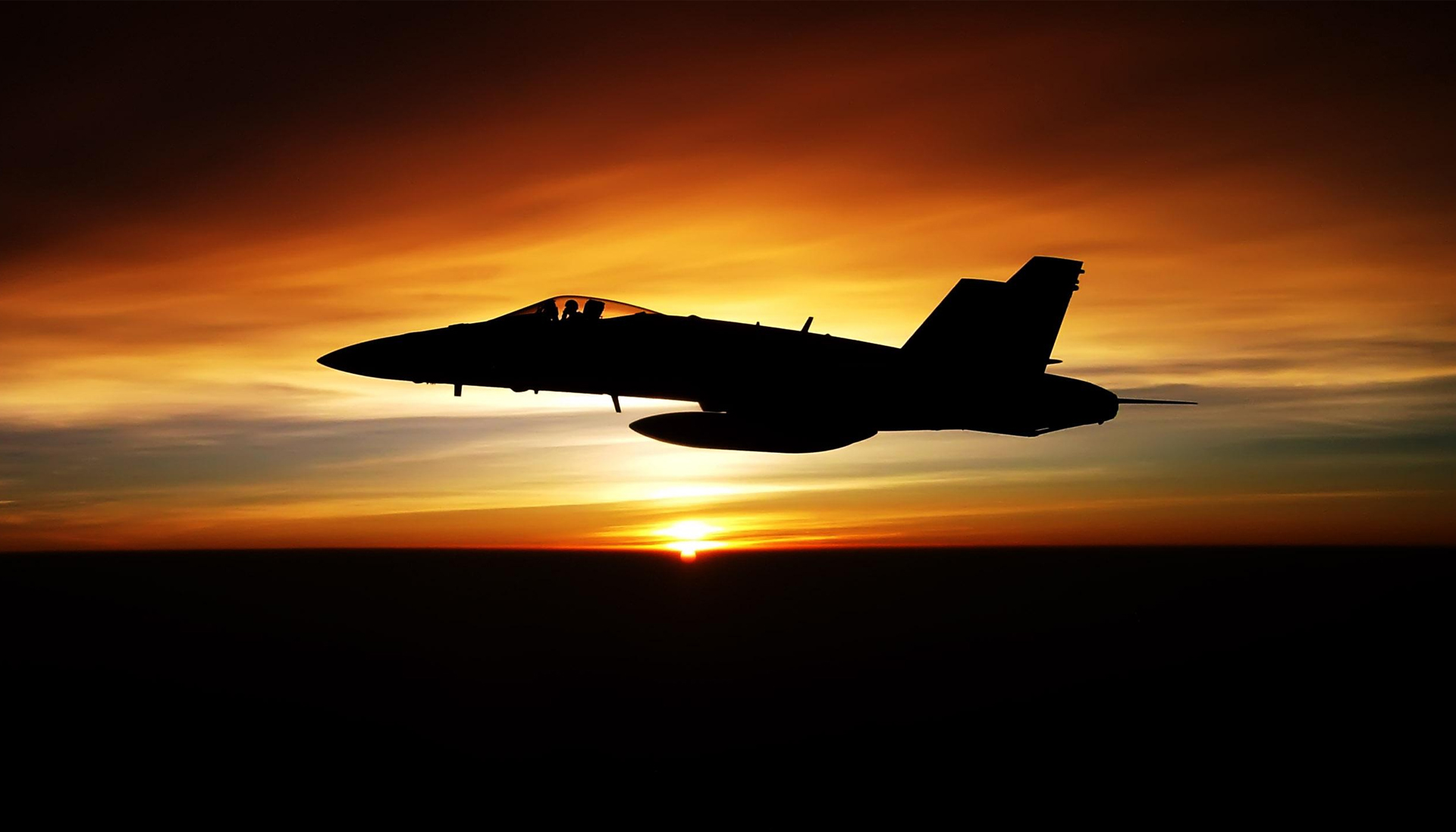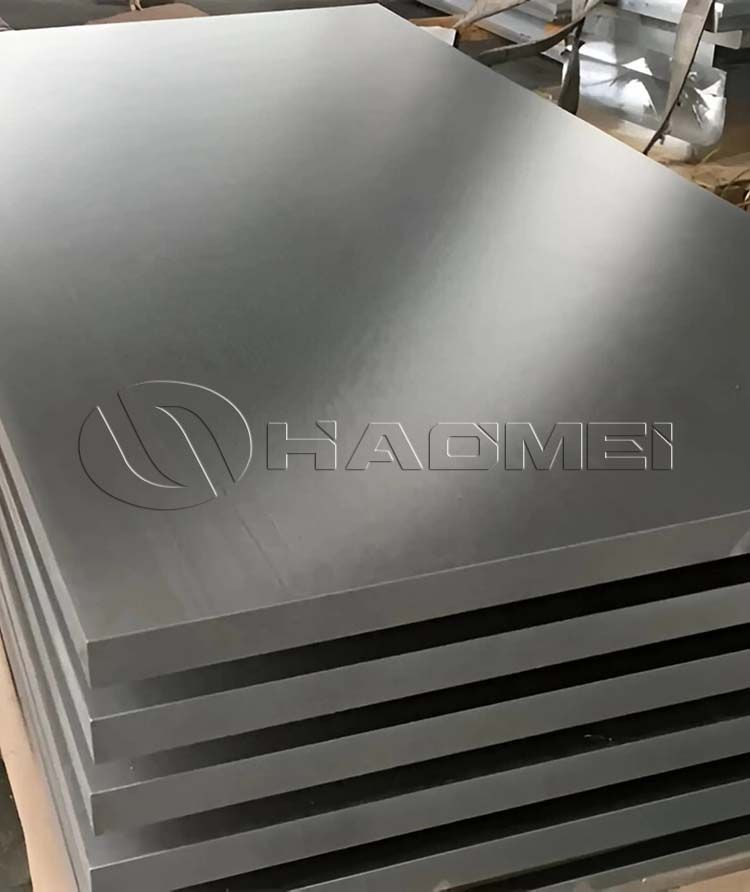
Aviation aluminum alloy, as one of the core materials in the aviation field, plays an irreplaceable and key role in the modern aviation industry. From the fuselage frame of the aircraft to the wing structure, from various internal parts to engine components, aviation aluminum alloys are everywhere.

The alloy belongs to the aluminum-copper-magnesium hard aluminum alloy. Its composition design is reasonable and its comprehensive performance is excellent. It is widely produced in many countries and is one of the most used alloys in hard aluminum.
High strength and heat resistance: 2024 aluminum alloy has high strength as a whole, and 2024-t4 aluminum sheet is no exception. It can maintain good performance below 150°C, and its strength is even higher than 7075 alloy when the temperature is above 125°C. This property enables it to withstand various stresses generated during the flight of the aircraft and ensure the stability of the aircraft structure. In the T4 treatment state, the alloy is further enhanced through natural aging, which can meet the strength requirements of aviation components under complex working conditions.
Good formability: 2024 aluminum alloy has excellent formability in hot, annealed and newly quenched states. After quenching and natural aging, 2024-T4 aluminum alloy still retains good formability and can be processed into various complex shapes. However, it has strict requirements on heat treatment process, and only precise control can give full play to the material properties. In the manufacturing process of aircraft parts, good formability enables 2024-T4 aluminum alloy to be made into complex structural parts that meet design requirements.
Corrosion resistance and protection: 2024 aluminum alloy has poor corrosion resistance, and 2024-T4 aluminum alloy also has this problem, but it can be effectively protected by pure aluminum cladding. In practical applications, this protective measure can extend the service life of components and reduce maintenance costs. For aircraft components that are exposed to complex atmospheric environments for a long time, pure aluminum cladding provides reliable corrosion protection for 2024-T4 aluminum alloy.
Welding and riveting: Although 2024 aluminum alloy is prone to cracking during welding, it can still be welded and riveted using special processes. 2024-T4 aluminum alloy also has these connection characteristics, providing a variety of connection methods for aircraft manufacturing. During the aircraft assembly process, whether it is welding or riveting, 2024-T4 aluminum alloy can achieve a stable connection with other components.
7075 aluminum alloy occupies an important position in the aviation field due to its unique properties.
Ultra-high strength: 7075 aluminum alloy is a high-strength aluminum alloy with a high zinc content, which gives the alloy excellent strength and durability. The tensile strength can reach 540-570 MPa, which is far higher than many other aluminum alloys.
Good fatigue resistance: When subjected to repeated stress, 7075 aluminum alloy shows good fatigue resistance, which is crucial for aviation parts that need to undergo multiple strain cycles and can effectively reduce the risk of cracks or fractures due to fatigue.
High hardness: Its hardness reaches 150HB, which is harder than 2024 aluminum alloy, making it more wear-resistant and suitable for manufacturing key components working in complex environments.
Density and strength-to-weight ratio: The density of 7075 aluminum alloy is 2.81 g/cm3. Although it is slightly higher than 2024 aluminum alloy, it has an extremely high strength-to-weight ratio due to its ultra-high strength. While ensuring structural strength, it reduces the weight of the aircraft as much as possible.
Corrosion resistance: Among aluminum alloys, 7075 aluminum plate has good corrosion resistance, and is especially suitable for some aviation parts that have certain requirements for corrosion resistance.
2024 aluminum alloy has good formability, high strength and certain heat resistance, and is relatively low in cost. It is suitable for manufacturing various structural parts and components on aircraft that have comprehensive requirements for strength and formability. 7075 aluminum alloy stands out with its ultra-high strength, good fatigue resistance and high hardness.
Although the cost may be higher, it is an irreplaceable choice for key components on aircraft that bear extremely high loads and require high reliability, such as beams and landing gear. In the selection of aviation aluminum alloys, engineers need to comprehensively consider the working environment, performance requirements, and cost of the components, and accurately choose 2024 and 7075 aluminum alloys to create safe and efficient aircraft. Welcome to inquire 7075 aluminum price from us directly.
Original Source:https://www.aircraftaluminium.com/a/what-are-the-high-strength-aluminum-alloys.html
Tags: aircraft aluminum alloy ,
Contact Us